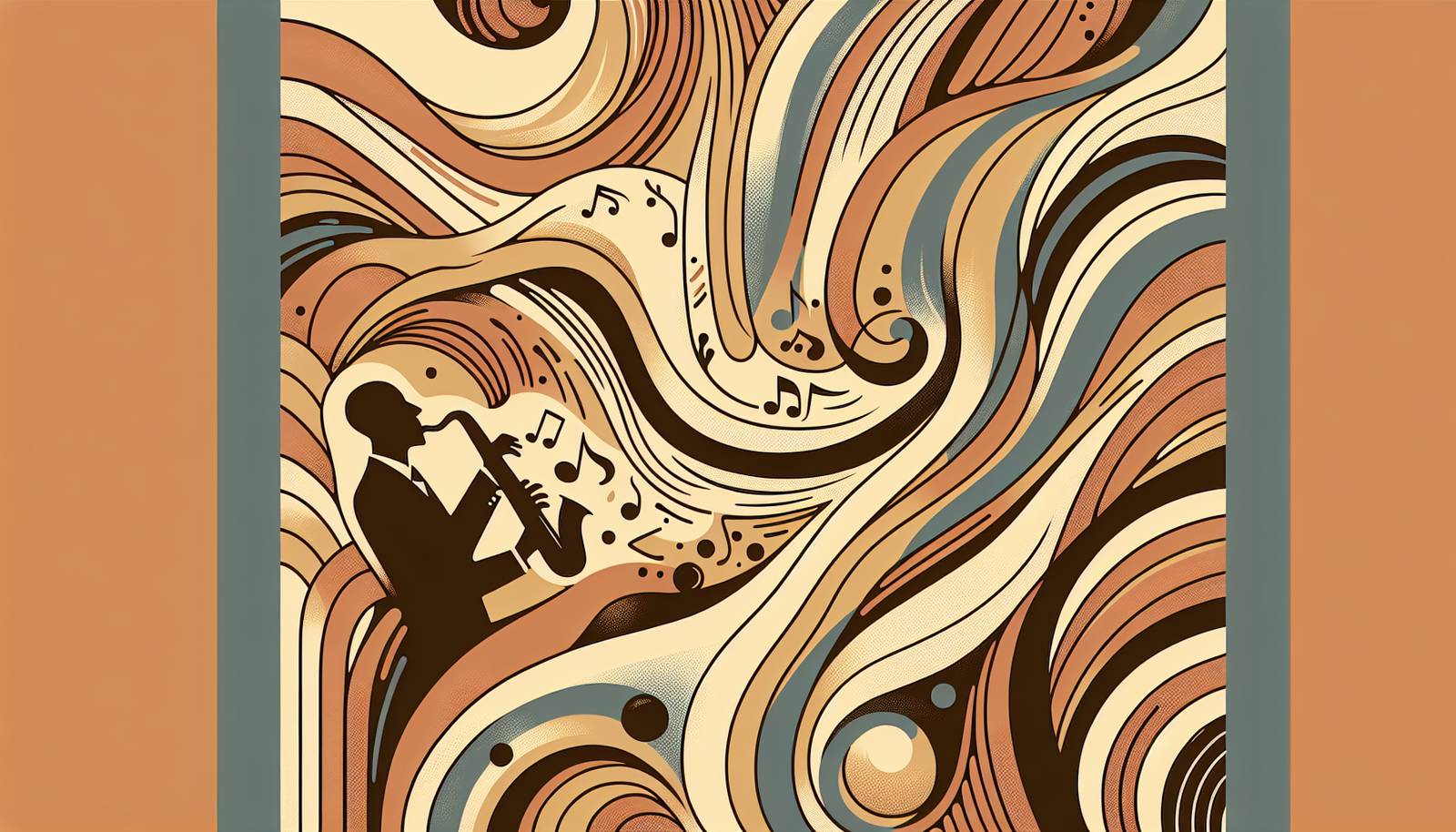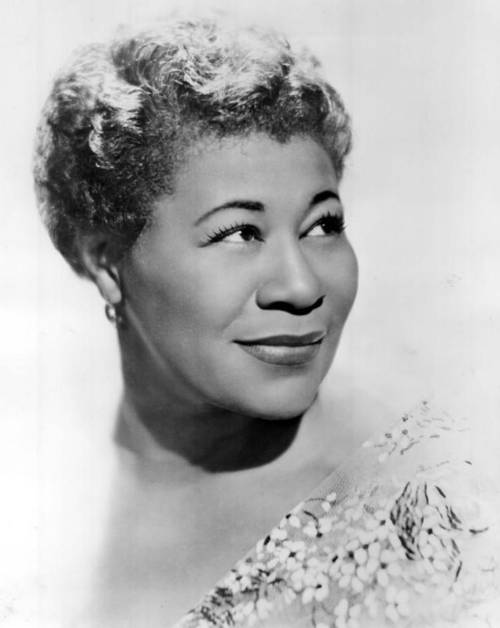
FAQ About Ella Fitzgerald

Who was Ella Fitzgerald?
Ella Fitzgerald was an American jazz singer known as the 'First Lady of Song'. She is celebrated for her extraordinary vocal range, purity of tone, impeccable diction, and innovative scat singing technique. Her career spanned more than half a century, making her one of the most influential jazz vocalists in history.

What is Ella Fitzgerald famous for?
Ella Fitzgerald is famous for her exceptional singing abilities, which include a wide vocal range and purity of tone. She popularized scat singing, an improvisational vocal technique using nonsensical syllables, and is also celebrated for her interpretations of the Great American Songbook.

When was Ella Fitzgerald born?
Ella Fitzgerald was born on April 25, 1917, in Newport News, Virginia, USA.

What was Ella Fitzgerald's first big break in music?
Ella Fitzgerald's first big break came in 1934 when she won an amateur singing contest at the Apollo Theater in Harlem, where she impressed the audience with her performance, leading to significant opportunities in her singing career.

How did Ella Fitzgerald contribute to jazz music?
Ella Fitzgerald contributed to jazz music through her innovative vocal techniques, particularly scat singing. She brought a level of artistry and musicality to jazz vocals, also recording numerous acclaimed interpretations of popular jazz and pop standards, thus influencing countless artists who followed her.

What are some of Ella Fitzgerald's most famous songs?
Some of Ella Fitzgerald's most famous songs include "Summertime," "A-Tisket, A-Tasket," "Dream a Little Dream of Me," and her renditions of classic standards from the Great American Songbook by composers like George Gershwin and Cole Porter.

Did Ella Fitzgerald win any Grammy Awards?
Yes, Ella Fitzgerald won 14 Grammy Awards throughout her career, making her one of the most honored artists in Grammy history. She was the first African-American woman to win a Grammy Award in 1959.

What was significant about Ella Fitzgerald's partnership with Louis Armstrong?
Ella Fitzgerald's partnership with Louis Armstrong was significant because it brought together two of jazz music's most legendary figures. Their collaborations, such as the albums "Ella and Louis" and "Ella and Louis Again," showcased their incredible chemistry and musical synergy, producing timeless jazz recordings.

Where did Ella Fitzgerald grow up?
Ella Fitzgerald grew up in Yonkers, New York, after her family moved there from Newport News, Virginia. Her childhood was marked by hardship, but she found solace and expression through music and dance.

How did Ella Fitzgerald influence future generations of musicians?
Ella Fitzgerald influenced future generations of musicians through her unique vocal style, including scat singing, and her heartfelt renditions of jazz standards. Her mastery of voice and innovative artistry have inspired countless singers across various genres, from jazz to pop.

What obstacles did Ella Fitzgerald face in her career?
Ella Fitzgerald faced numerous obstacles, including racial discrimination and societal challenges as an African-American woman in the early to mid-20th century. Despite these, she broke barriers and became an internationally acclaimed artist, earning respect and admiration for her immense talent.

What was the significance of Ella Fitzgerald's performance at the Apollo Theater?
Ella Fitzgerald's performance at the Apollo Theater was significant because it marked the start of her professional career. Winning the amateur night competition at the Apollo Theater opened doors for her in the music industry and led to her first recording contract.

What albums is Ella Fitzgerald known for?
Ella Fitzgerald is known for several albums, notably her "Song Book" series which includes interpretations of works by composers like Cole Porter, George Gershwin, and Duke Ellington. These albums are critically acclaimed and are recognized as quintessential contributions to jazz music.

How did Ella Fitzgerald earn her nickname 'First Lady of Song'?
Ella Fitzgerald earned her nickname 'First Lady of Song' due to her unparalleled contribution to jazz music and her status as one of the most beloved and respected vocalists in history. Her talent, versatility, and influence in the genre led to this endearing title.

When did Ella Fitzgerald pass away?
Ella Fitzgerald passed away on June 15, 1996, in Beverly Hills, California, at the age of 79.

What awards did Ella Fitzgerald receive throughout her career?
Throughout her career, Ella Fitzgerald received numerous awards and honors, including 14 Grammy Awards, the National Medal of Arts, the Presidential Medal of Freedom, and induction into the Grammy Hall of Fame, highlighting her impact and legacy in music.

What was Ella Fitzgerald's vocal range?
Ella Fitzgerald's vocal range spanned three octaves, allowing her to tackle a diverse repertoire with astounding flexibility and precision. Her vocal prowess is one of the reasons she is regarded as one of the greatest vocalists in the history of music.

How did Ella Fitzgerald's career evolve over time?
Ella Fitzgerald's career evolved from performing with the Chick Webb Orchestra to becoming a prominent solo artist. She transitioned from swing to bebop, eventually popularizing jazz standards through her solo recordings. Her career continued to flourish through collaborations and her extensive "Song Book" series.

What legacy did Ella Fitzgerald leave behind?
Ella Fitzgerald left behind a legacy of exceptional vocal artistry, innovation in jazz singing, and a rich discography of timeless music. Her influence can be seen in the generations of singers she has inspired, and her recordings continue to delight and educate music lovers worldwide.
